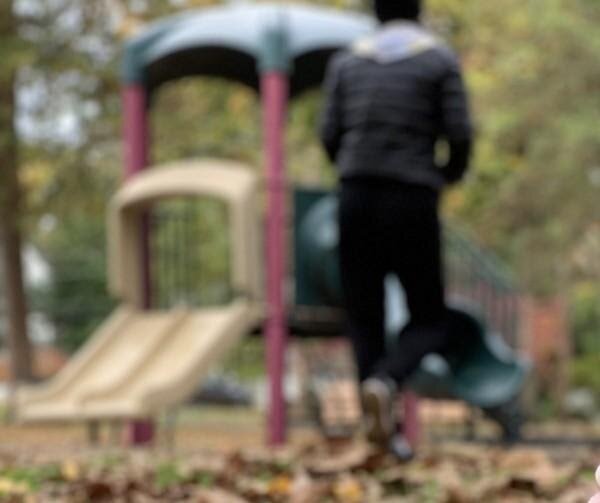I’m Teaching My Kids to Ask Their Friends if They’re Ok, No Matter What
My daughter's friend went zooming down the slide and hit her knee hard on the leafy dirt covered ground. Tears streamed from her eyes, and the muscles from her chin started to tremble almost instantly. And my daughter, she slid down past her and ran off to continue playing.
“Wait, come back here now and check on your friend,” I shouted after her and then guided her through the motions of what she should say and do to comfort her friend.
Because I’m teaching my kids to ask their friends if they’re okay, even when they’re clearly not.
I’m teaching my kids to ask and then listen. And I mean really listen. Make eye contact so that their eyes are embracing their friend in a comforting hug.
Because when our kids learn to ask if someone’s okay with the small things like a cut on the knee or a bruise. It’s practice for one day when they’ll ask how their friends are with big and hard topics like depression, anxiety, and addiction, where that question has the power to save someone’s life.
I want my kids to get so used to this conversation that it won’t be uncomfortable or scary.
Because your colleague at work whose hands are on his head and tear-stricken could be struggling with suicidal thoughts.
Because your mom friend who hasn’t eaten lunch in three weeks because she’s “too busy” is starting to struggle with disordered eating.
One in four people will experience some kind of mental health problem every year.
And you have the power to halt someone's cycle before it goes on too long or gets too deep.
And the fact that you care enough to ask, listen, and support matters.
So, I’ll keep teaching my kids to ask their friends if they’re okay, even when they’re clearly not.

